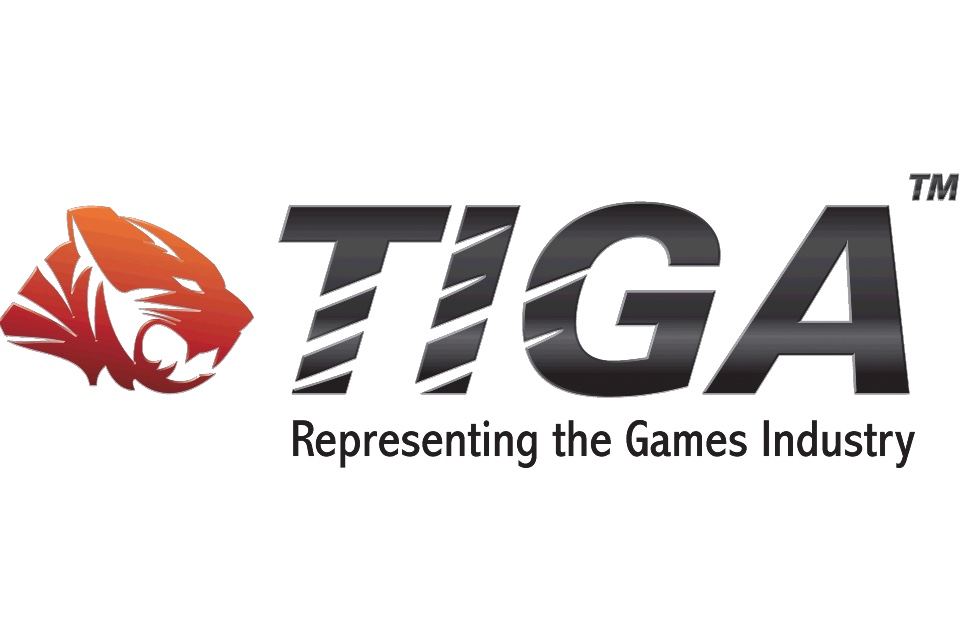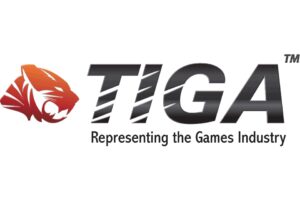
 TIGA CEO Dr Richard Wilson OBE today sent a letter to the UK Government’s Secretary of State for Culture, Media and Sport, the Rt Hon Lucy Frazer concerning the ongoing Unity Runtime Fee situation, the impact it is having on the country’s game developer community and how the government can encourage greater competition in the game engine market.
TIGA CEO Dr Richard Wilson OBE today sent a letter to the UK Government’s Secretary of State for Culture, Media and Sport, the Rt Hon Lucy Frazer concerning the ongoing Unity Runtime Fee situation, the impact it is having on the country’s game developer community and how the government can encourage greater competition in the game engine market.
Below is the full text of the letter.
–
Rt Hon Lucy Frazer MP
Secretary of State for Culture, Media and Sport
Department for Culture, Media and Sport
100 Parliament Street
London
SW1A 2BQ
21st September 2023
Unity’s Runtime Fees
Dear Secretary of State,
I am writing on behalf of TIGA, the trade association representing the UK’s video games industry, concerning plans announced by Unity, the game engine provider, to introduce Runtime Fees from January 1st 2024. The Government has recognised the creative industries as one of the UK’s five priority growth sectors. It is vital, therefore, that the tools and technology infrastructure strengthens our world leading video games industry. 34 per cent of the UK’s studio population (620 studios) focus primarily on mobile game development. These studios employ almost 20 per cent (3,867) of the games development workforce. Many of these studios will use Unity’s games engine. Unfortunately, Unity’s plans will harm many of these UK game studios.
According to Unity’s announced plans, Runtime Fees will charge developers each time their game is installed once certain thresholds are reached. The fees will be levied on existing games and not just games launched from the beginning of 2024.
Although larger studios might be able to absorb this new and unexpected cost, TIGA members warn of serious consequences for smaller independent studios, particularly those operating in the PC, mobile and hypercasual games segments. Studios operating in the free-to-play (F2P) space with large numbers of players, but few paying players, could potentially see their business model become unsustainable.
While Unity has offered a waiver on the Runtime Fees to studios opting in to use its other products, such as LevelPlay, TIGA members have expressed concern about the scale of Unity’s fee increase; the retroactive application of the fee to existing games titles; the short, three-month period of notice provided; and the cost and difficulties involved in switching to an alternative engine provider. Studios cannot easily reskill existing staff, hire alternative engine programmers and port games to another platform. Some TIGA members have warned that Unity’s increased costs could imperil jobs and potentially oblige some studios to shut their games down with the risk of going out of business.
The market for games engines is insufficiently competitive. According to Unity’s own figures 70 per cent of the top 1,000 mobile game developers in the world use Unity.[1] Additional research suggests that Unity has approximately twice as many customers in the games development market than its nearest rival.[2] It cannot be good for one games engine to have such a preponderance in the market. The UK Government could take steps to promote greater competition in the market. Game developers would benefit from a competitive market which provides studios with real choice, promotes innovation and which keeps existing engine providers responsive to customers’ needs.
I am making this letter public given the importance of the issue to the games development sector
I look forward to hearing from you.
Yours sincerely,
Dr Richard Wilson OBE
Chief Executive Officer, TIGA
[1] https://unity.com/solutions/mobile-game-development#:~:text=70%25%20of%20the%20top%201%2C000,mobile%20game%20developers%20choose%20Unity
[2] https://6sense.com/tech/game-development/unity-vs-unrealengine#:~:text=In%20the%20Game%20Development%20market%2C%20Unity%20has%20a,market%20share%20in%20comparison%20to%20Unreal%20Engine’s%2015.84%25

